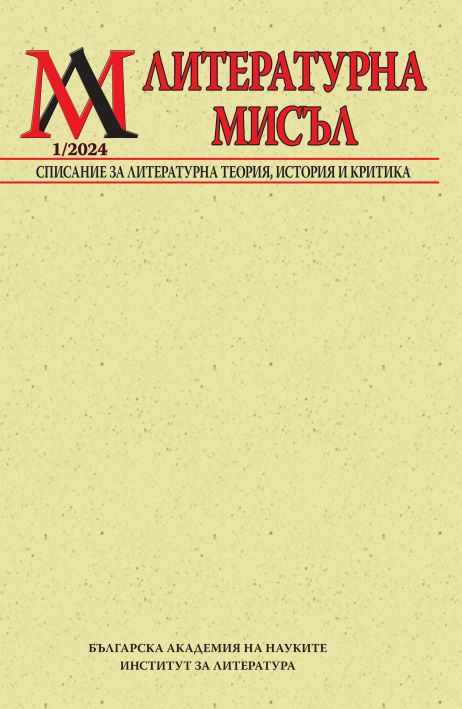Literary cratylism: “Thymos” against “Menis”
Literary cratylism: “Thymos” against “Menis”
Author(s): Nysret KrasniqiSubject(s): Language and Literature Studies, Philology, Theory of Literature
Published by: Институт за литература - БАН
Keywords: Plato; censorship; cratylism; hermogenism; thymos; socialist realism
Summary/Abstract: This article is an observation of Platonic inclination to control and plan literary creativity. Such a proclivity will be noted by analysing some elements of its fundamental philosophical concepts, which relate to literary art in “Cratylus”, “Pheadrus” and “Republic”, as dialogue-works. The analysis will focus on his denial of naturalness of language, writing, and imaginative and creative freedom, as well as his intention to establish the institution of control or censorship. We will also discuss the projection of the ideological future of literary writing and emphasise that this tendency has assumed an atemporal character. We will notice how some of the platonic elements of the desire for control over literary art were exploited by the method of socialist realism, which, as such, requires the creation of literature planning by escaping from the agon of the tradition. As a counterbalance, we will emphasize the immanence of freedom of literary expressiveness based on the concept of thymos, precisely proposed by Plato
Journal: Литературна мисъл
- Issue Year: 67/2024
- Issue No: 1
- Page Range: 102-117
- Page Count: 15
- Language: English
- Content File-PDF

